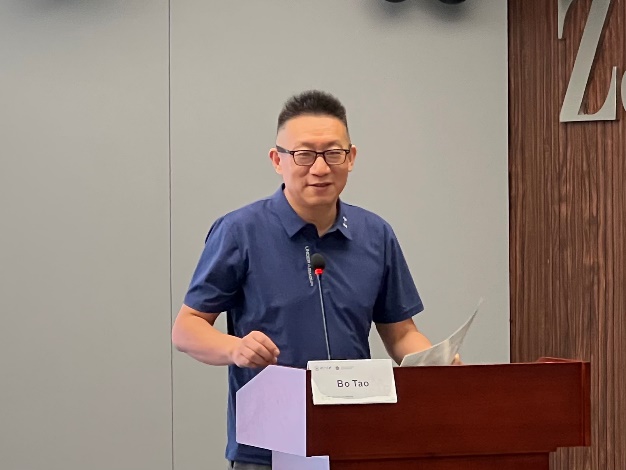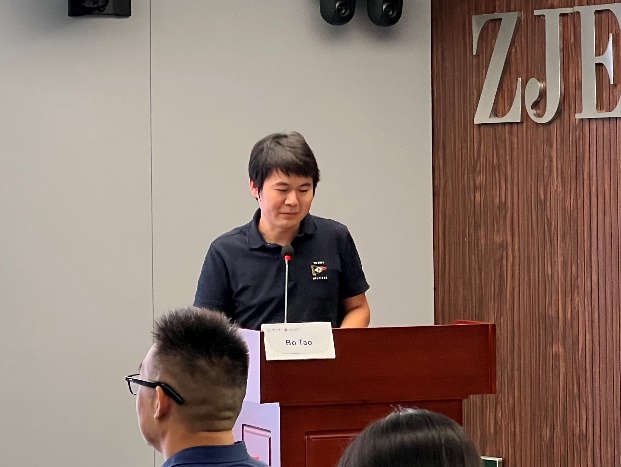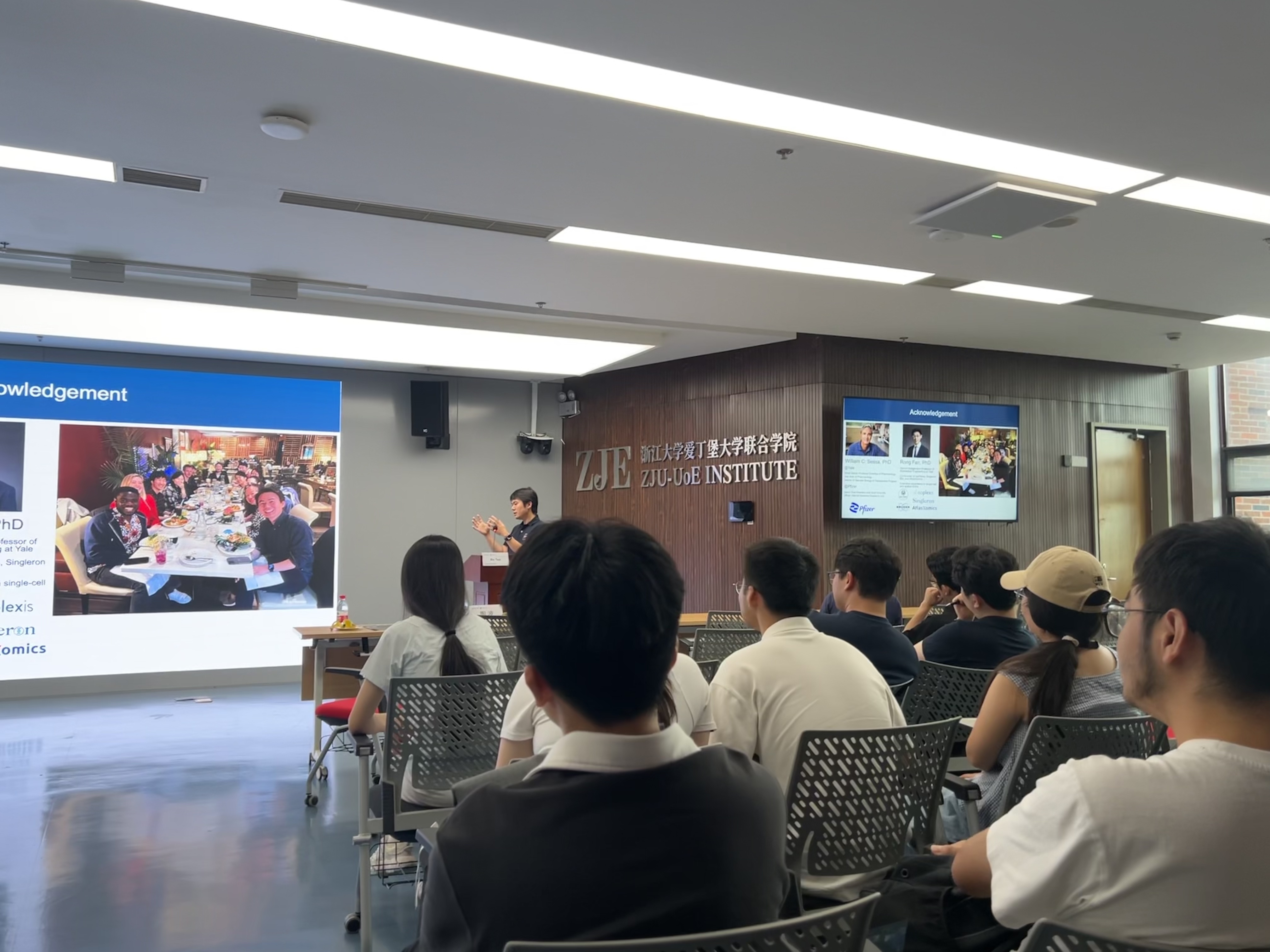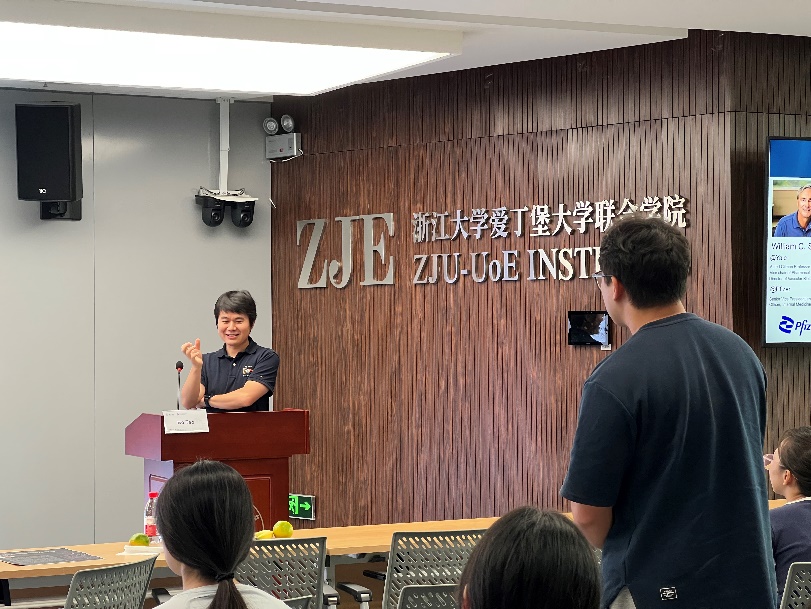On September 24, 2025, the 138th Biomed-X Research Seminar of the Zhejiang University-University of Edinburgh Institute (ZJE) was successfully held in the Room 2A-203, ZJE Building. Invited by Dr. Jian Liu, Director/Convenor of the Centre for Infection Immunity and Cancer at ZJE, Prof. Bo Tao, Director of Omics Center in Liangzhu Lab and Adjunct Professor in Sir Run Run Shaw Hospital, Zhejiang University School of Medicine, delivered an academic report titled "The Multidimensional Spatial-Omics Approach from Genomics to Functional Insights". The seminar was hosted by Prof. Yuehai Ke, Dean of ZJE.


During the presentation, Professor Tao Bo shared the latest advancements in spatial omics technologies. The core of his talk focused on a novel spatial transcriptomics technology—Patho-DBiT. He vividly explained how this technology overcomes traditional limitations and enables high-resolution, in situ capture of whole-transcriptome expression in tissue samples. Notably, he further demonstrated a series of extended technologies based on this platform, including spatial ATAC, spatial CUT&Tag, and spatial Hi-C, which respectively reveal chromatin accessibility, key protein modifications, and 3D genome architecture in situ. These innovations integrate multi-omics information at the spatial level, collectively forming a powerful multidimensional research toolkit. This provides an unprecedented perspective for accurately deciphering the mechanisms of life activities and disease processes within the native tissue microenvironment.

During the event, faculty and students actively engaged in discussions, demonstrating their open-minded approach to academic exploration and critical thinking about research questions. Prof. Tao patiently and thoroughly answered every question, deepening the understanding and insights of participants in this field.

As the 138th session of the Biomed-X Seminar series, this report underscores the institute's commitment to fostering high-level academic exchanges through its academic brand building efforts. The institute will continue to provide a platform for faculty and students to engage in cutting-edge scientific discussions.







